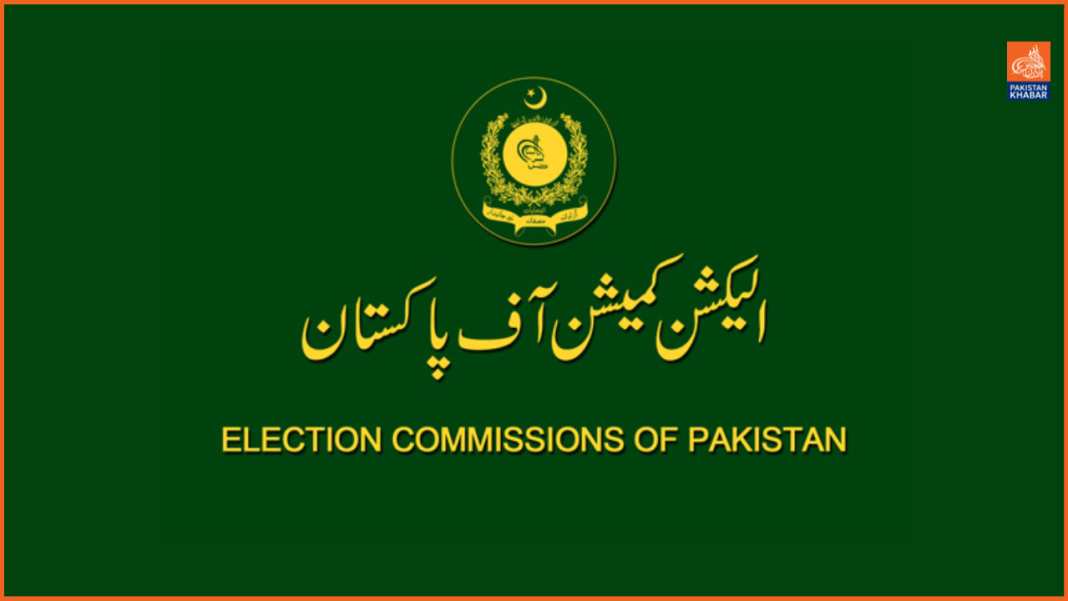The Election Commission of Pakistan (ECP) has been under mounting pressure for weeks to resolve the allocation of reserved seats, a decision that could significantly impact the balance of power in the National Assembly and spark wider political changes in the country.
Caught in the middle of a political and judicial standoff between Parliament and the Supreme Court, the ECP is facing demands from both sides for a resolution that aligns with their respective interpretations of the law. The Supreme Court had previously issued a firm ruling on the allocation of reserved seats, with National Assembly Speaker Sardar Ayaz Sadiq sending multiple letters to the ECP urging action. As the situation lingers, the ECP’s delayed decision has raised questions: Is the commission caught in a political and judicial crossfire, or is it carefully weighing its options amid escalating pressure from both institutions?
Political commentators, such as Professor Tahir Naeem Malik from NUML University, have criticized the ECP’s delay, accusing it of no longer acting independently but rather in alignment with government interests. He pointed out that key legislation, such as the 26th Constitutional Amendment and a bill extending the army chief’s service term, is being passed by an incomplete Parliament, raising concerns about political morality and the legitimacy of the seat allocation.
The issue began with the Supreme Court’s short order on reserved seats, followed by a detailed judgment that criticized the ECP for failing to properly allocate seats in the 2024 general elections. The Court’s ruling granted the Pakistan Tehreek-e-Insaf (PTI) party entitlement to reserved seats in both national and provincial assemblies, while also directing the ECP to implement the judgment without delay.
However, between the short order and the detailed judgment, two significant developments occurred: Parliament amended the Elections (Second Amendment) Act, 2024, restricting party-switching by independent candidates, and the National Assembly Speaker wrote to the ECP urging it to respect parliamentary sovereignty in allocating reserved seats to PTI.
Now, the ECP finds itself wedged between Parliament and the Supreme Court, each pushing for conflicting resolutions. The Supreme Court’s ruling would make PTI the largest party in the National Assembly, effectively stripping the ruling coalition of its two-thirds majority. Meanwhile, the Speaker insists that the recent amendments to the elections law must be applied in the seat allocation process.
The delay in implementing the Court’s ruling has reignited debate over the political ramifications and the ECP’s options in navigating the stand-off between Parliament and the judiciary.
Ahmed Bilal Mehboob, President of the Pakistan Institute of Legislative Development and Transparency (PILDAT), highlighted that only 77 out of the 226 reserved seats in the National Assembly and provincial assemblies are yet to be allocated, with the remaining 149 already distributed among political parties based on their general seat share.
Mehboob noted that both the Supreme Court’s July 12 order and the election amendment passed by Parliament remain in force unless altered by the relevant institutions. Given the changes in the Supreme Court, including the revised selection process for the Chief Justice and the future focus on constitutional matters, Mehboob suggested that the issue is still open to interpretation. He emphasized that the newly formed constitutional bench of the Supreme Court will need to address the conflict between the Court’s ruling and Parliament’s legislation to resolve the issue.




